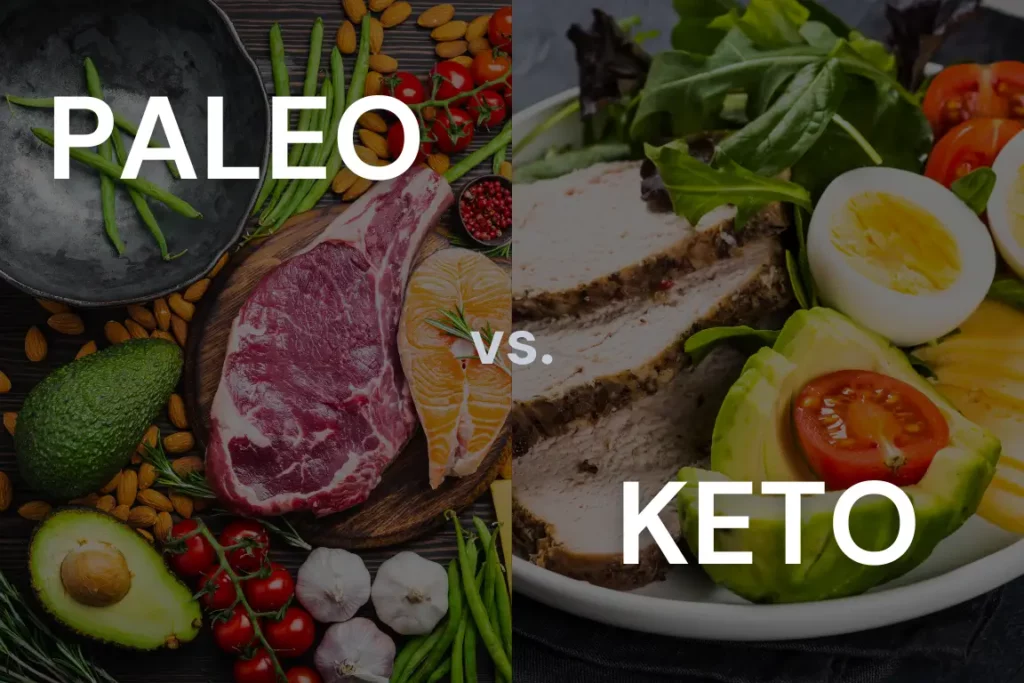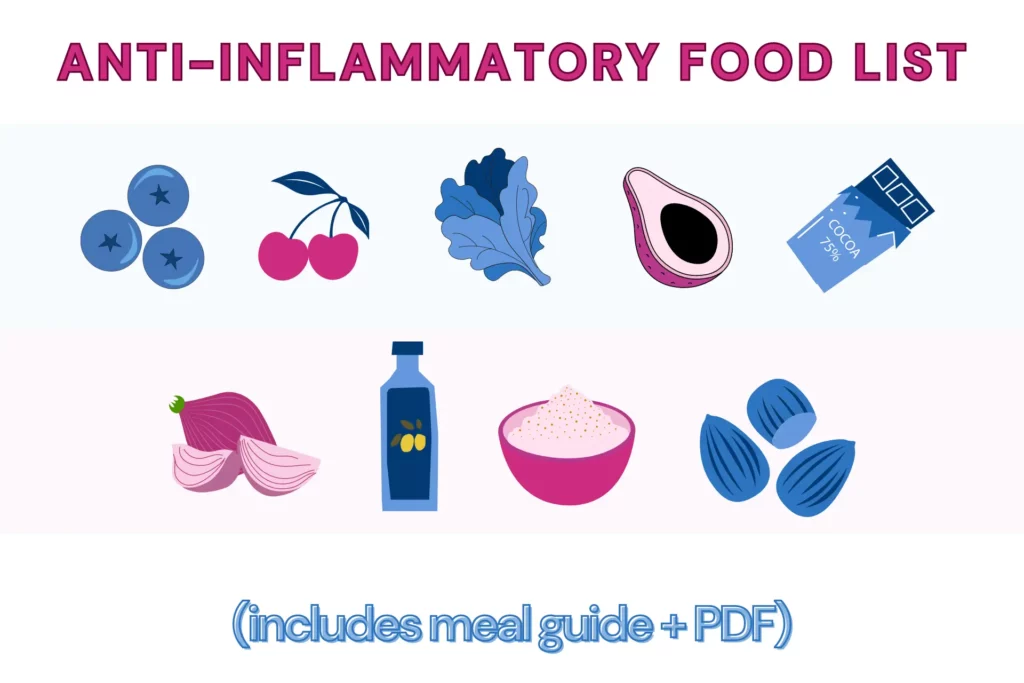A vegan diet may have several benefits, such as reducing the risk of diabetes and heart and kidney disease and helping people lose weight. However, an unplanned vegan diet can result in nutritional deficiencies. In fact, some nutrients essential for the body are only found in animal products. In this article, we discuss whether vegans can be low on vitamin E and other nutrients and how to counter it.
Why Do You Need Vitamin E?
Vitamin E falls under the group of fat-soluble vitamins.
This group also has vitamins A, D, and K besides vitamin E.
These vitamins play an important role in bodily functions and are best absorbed when taken with dietary fats.
Vitamin E, in particular, is an antioxidant.
This means it prevents free radical damage in your body and protects your cells.
Free radical damage can cause deadly diseases like cancer.
Vitamin E also supports metabolic functions, the immune system, gene expression, and cell signaling.
How Much Vitamin E Do You Need?
Daily dietary requirements of vitamin E can vary.
According to Australia's Nutrient Reference Value, these are the daily dietary dosages of vitamin E required in different groups of the population:
| Age Group | Vitamin E Requirement |
| Infants: less than 12 months old | 4-5 mg/day |
| Children: 1-10 years old | 5-8 mg/day |
| Adolescents: 14-18 years old | 8-10 mg/day |
| Adults: Above 19 years | 7-10 mg/day |
| Those who are pregnant and breastfeeding | 8-11 mg/day |
Can You Be Low On Vitamin E On A Vegan Diet? Expert Insights
Vegans are usually not at a greater risk of being low on vitamin E.
Vitamin E is a fat-soluble vitamin that is stored in the body.
This means your body has a reserve of vitamin E that can be used when you run low on this nutrient.
Many foods included in a vegan diet, such as vegetable oil, nuts, seeds, and whole grains, are good sources of vitamin E.
Vitamin E deficiency can occur if you have a genetic condition or a chronic disease that makes uptake of vitamin E difficult or if you eat a diet that is extremely low in fats.
Liver diseases, gallbladder diseases, and pancreatitis are some diseases that cause malabsorption of fats.
This can lead to vitamin E deficiency in the body.
Side Effects Of Low Vitamin E
You might notice these symptoms if you have a deficiency of vitamin E:
- Vision problems
- Muscle weakness and loss of body control
- A weekend immune system
- Hemolytic anemia
- Hair loss
- Depression and anxiety
Do You Need Vitamin E Supplements On A Vegan Diet?
Vitamin E supplements are generally not recommended for vegans and non-vegetarians.
For those who don't have any absorption issues, vitamin E requirements can easily be met through a balanced diet that includes healthy fats.
A diet that includes unsaturated fats and oils can help vegans meet their daily vitamin E requirements.
Vitamin E supplements can result in toxicity since this is a fat-soluble vitamin stored in the body.
Vitamin E has a blood thinning effect.
This means that supplements might be dangerous for people who are on blood-thinning medications like Warfarin.
Too much vitamin E can reduce blood clotting time and result in excess bleeding.
If you want to start taking vitamin E supplements, it is best to consult your doctor first.
Did You Know? Even if you are on a healthy diet, you might be at risk for nutritional deficiencies due to hidden genetic variants that impact nutrient metabolism. This is why many people feel tired and are on low energy most of the time.
What Are The Best Vegan Sources Of Vitamin E?
Vitamin E is found in several plant products, fruits, and vegetables.
- Seeds and nuts: They have a high alpha-tocopherol content, the active form of vitamin E. Some seeds and nuts are also rich in gamma-tocopherol, another vitamin E variant.
- Oils: Cooking oils are the best sources of vitamin E. Wheatgerm, hazelnut, and sunflower oil are all vegan-friendly foods rich in vitamin E.
- Fruits: While fruits might not be the go-to source of vitamin E, some fruits with high-fat content, such as avocado, are good sources.
- Vegetables: Like fruits, vegetables might not be the best source of vitamin E. However, some leafy greens, such as broccoli and spinach, are good sources of vitamin E.
| Food Item | Serving Size: Vitamin E Content |
| Sunflower seeds (dry roasted) | 1 ounce: 7.4 mg |
| Hazelnuts (dry roasted) | 1 ounce: 4.3 mg |
| Wheatgerm oil | 1 tablespoon (20 mg) |
| Avocado | Half a fruit: 2.1 mg |
| Broccoli (boiled) | ½ cup: 1.1 mg |
| Mango | ½ cup sliced: 0.7 |
What Other Nutrients Are Hard To Get On A Vegan Diet?
Apart from vitamin E, here are a few more nutrients that are hard to get on a vegan diet:
- Creatine: This is a molecule stored in your brain and your muscles. Creatine is one of the ready sources of energy for your muscles. This is why creatine supplements are popular for muscle building. The liver naturally produces creatine. However, vegans and vegetarians tend to be low on creatine and only get it through supplements.
- Carnosine: It is an antioxidant found in the muscles and brains of humans and animals. Carnosine has been linked to lowered muscle fatigue and improved performance. The primary dietary sources of carnosine are meat, poultry, and fish. Again, vegans can get this nutrient only through supplements.
- Vitamin D3: Vitamin D is an essential nutrient not found in food. Your body can produce it only when you are exposed to sunlight. Vitamin D3 (cholecalciferol) increases blood levels of vitamin D3 and is found in egg yolks and fatty fishes. Low vitamin D levels can cause osteoporosis, muscle wasting in older adults, heart disease, and impaired brain function.
- Vitamin B12: Also known as cobalamin, is almost exclusively found in animal sources. This vitamin is essential for blood cell formation and normal brain function. Vitamin B12 deficiency can lead to neurological and psychiatric disorders, impaired brain function, weakness, and fatigue. It is also linked to heart disease and Alzheimer's disease.
- Taurine: It is a sulfur compound found in the brain, heart, and kidneys. It plays a role in bile salt formation and muscle strength and is possibly an antioxidant. Studies have found that vegans and vegetarians tend to be low on this nutrient. However, taurine supplements are readily available in the market.
FAQs About Vitamin E On A Vegan Diet
What Vitamins Are Vegans Most Deficient In?
Vegans are usually deficient in the following:
- Vitamin B12: This nutrient is essential for metabolism and normal growth and development of the fetus. Vitamin B12 is only found in animal products. Vegans can take supplements to counter the deficiency.
- Vitamin D: Also called the sunshine vitamin, your body absorbs this nutrient from sunlight. Cholecalciferol (vitamin D3) helps the body absorb vitamin D better and is only found in animal products. Once again, vegans will need supplements to counter the deficiency.
Where Can I Get Vitamin E Naturally?
Some vegan-friendly foods that are rich in vitamin E are:
- Nut butters
- Wheatgerm oils
- Sunflower seeds
- Fruits like mango and kiwi
- Vegetables like spinach, broccoli and tomato
Can Low Vitamin E Cause Infertility?
Vitamin E deficiency can cause infertility in both males and females.
This nutrient protects cell membranes.
In men, vitamin E deficiency can lead to low sperm count, poor sperm motility, and poor semen quality.
In females, vitamin E deficiency can cause eclampsia, premature delivery, and miscarriage.
How Do I Know If I Need More Vitamin E?
Vitamin E deficiency can show certain symptoms, which can help you understand that you might be deficient in this nutrient.
If you experience muscle weakness, fatigue, mental confusion, and depression, you might be deficient in vitamin E.
However, having these symptoms can also indicate the presence of other disorders.
That's why it is best to consult your healthcare provider to determine whether you are suffering from low vitamin E levels.
Summary: Low Vitamin E On A Vegan Diet
Vitamin E is a fat-soluble vitamin that plays a vital role in the body's normal functioning.
Most people are not deficient in this nutrient since it is widely found in various food items, and the excess is stored in the body as a reserve.
Vegans are not at an increased risk of deficiency since vitamin E is found in many plant-based foods such as nuts, seeds, oils, and whole grains.
Those who suffer from a vitamin deficiency have an underlying condition or disease.
However, vegans can be deficient in other nutrients such as vitamin B12 and vitamin D.
Taking supplements can help counter this.
However, it is always recommended that you consult a doctor before starting any supplements.
Expert-recommended Picks

Paleo vs. Keto Diet: Which Is Better For Weight Loss?

The Ultimate Guide To Anti-inflammatory Diet + Food List PDF
References
https://www.sciencedirect.com/science/article/pii/S0261561420306567
https://journals.eco-vector.com/1560-9596/article/view/112972





